- Go To Home
- A Supportive Path for The College of Saint Rose Students to Russell Sage College
- Advising FAQs
- Beacon Alert
- Conferencing & Event Services
- Download Your FAFSA Checklist
- Events
- Gator Gateway
- Graduate Programs
- Health Professions at Russell Sage College
- Introducing…The Gator Gateway
- Join Us for Sage Engage
- Pick your favorite Russell Sage College T-Shirt Design
- Russell Sage Blog
- Thank You!
- The David Pope Case: A Journey from Cold Case to Conviction
- The Russell Sage College I Can Achieve a Nursing Degree (ICAN) program
- Undergraduate Programs
- About
- Why Sage?
- Mission & History
- President’s Office
- Fast Facts
- Accolades & Accreditations
- Resources & Initiatives
- The Women’s Institute
- Diversity, Equity & Inclusion
- Diversity, Equity & Inclusion Past Events
- Diversity, Equity & Inclusion Subcommittees
- Gender Policy & LGBTQ Resources
- Holiday, Religious, and Faith 2023 – 2024
- Priority 1: Growing Leadership
- Priority 2: Increasing Access and Success
- Priority 3: Welcoming Campus Climate
- Priority 4: Attract, recruit, support and develop a diverse community
- Priority 5: Institutional Infrastructure
- Tobacco-Free Campus
- Greener Sage
- Consumer Information
- Conferencing & Events
- Maps & Directions
- Work at Sage
- Offices & Centers
- Academics
- Flex Format School of Management Graduate Programs
- Academic Calendar
- Program Finder
- List of Academic Programs
- General Education
- Courses & Catalogs
- Print Services
- Schools
- School of Arts & Sciences
- Esteves School of Education
- School of Health Sciences
- The Albany Med Health System and Russell Sage College Healthcare Workforce Partnership
- The Speech and Language Center at Russell Sage
- Admission
- Curriculum
- Mission & Philosophy
- Partnerships
- Accelerated 3+2 M.S.
- Faculty & Staff
- Biology Program
- Health Sciences Program
- Nursing Programs
- Occupational Therapy
- Nutrition Programs
- Doctor of Occupational Therapy (OTD) Program
- Doctor of Physical Therapy Programs
- Post-Baccalaureate Pre-Medical Studies
- Psychology Programs
- Forensic Mental Health Program
- School of Management
- Evening & Weekend Programs
- Online Programs
- Academic Resources
- Advisement & Support
- Research
- Centers of Inquiry
- Council for Citizenship Education
- Dawn Lafferty Hochsprung Center for the Promotion of Mental Health & School Safety
- The Helen M. Upton Center for Women’s Studies
- The Kathleen A. Donnelly Center for Undergraduate Research
- Sage Climate Crisis Educational Center
- Sage-SIFT Alliance
- The Center for Teaching & Learning
- Institutional Review Board
- Rubin Community Fellows Program
- Broughton Graduate Fellowship
- Find Funding Sources
- Centers of Inquiry
- Special Opportunities
- Faculty
- Admission & Aid
- Undergraduate Admission
- Graduate Admission
- Apply
- Request Info
- Visit, Events & Virtual Tours
- Evening, Weekend & Online Programs
- Financial Aid & Affordability
- How to Find College Scholarships
- What to Know About the New Free Application for Federal Student Aid (FAFSA)
- Approved Certificate Programs
- First-Year Tuition, Housing and Meals, Scholarships, and Financial Aid
- Transfer Tuition, Housing and Meals, Scholarships, and Financial Aid
- Graduate Tuition and Financial Aid
- Tuition & Fees
- Financial Aid Resources
- Graduate Assistantships
- State & Federal Aid
- Institutional Aid & Scholarships
- Financial Aid FAQ
- Meet the Financial Aid Staff
- Federal Student Loan Forgiveness Programs
- Student Life
- Student Life Office
- Residence Life
- Wellness Center
- Clubs & Activities
- Spirituality Center
- Diversity, Equity, and Inclusion
- Diversity, Equity & Inclusion Coalition Members
- Diversity, Equity & Inclusion Faculty Liaisons
- Sage Allies
- Title IX
- What Is Title IX?
- Top 10 Things Students Should Know About Sage’s Title IX Process
- Top 10 Things Employees Should Know About Sage’s Title IX Process
- Students’ Bill of Rights
- Policies & Procedures
- Faculty and Staff Resources for Sexual Assault Prevention and Response
- Reporting Rights
- Reporting & Confidential Resources
- Campus Climate Executive Summary
- It’s On Us: Sexual Assault Prevention
- Career and Self-Discovery Center
- Bookstores
- The Rev
- News & Events
- Alumnae/i
- Home
- Sitemap
- New Student Welcome
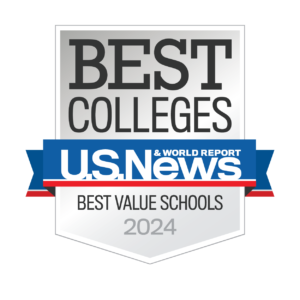
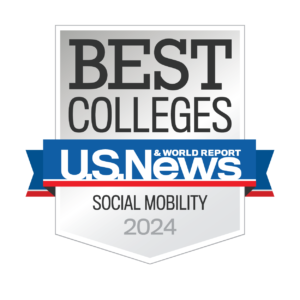
Jump to Section
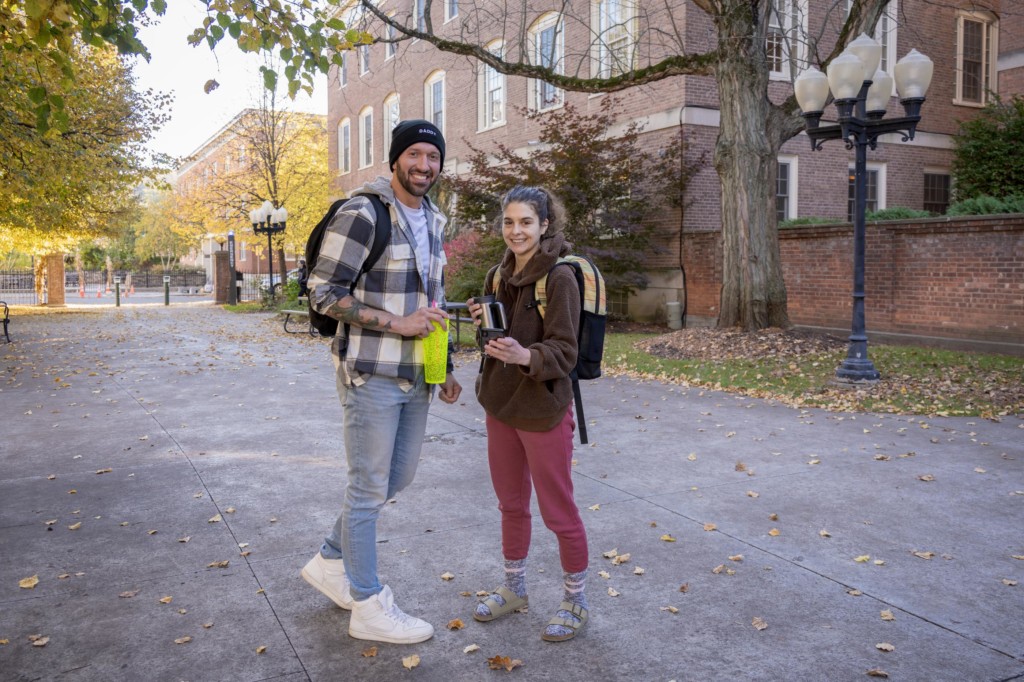
How Much Does It Really Cost?
The sticker price for tuition at Russell Sage College for 2024-2025 is $36,614,
but you won’t pay that.
100%
of Russell Sage incoming full-time undergraduate students receive institutional, federal, or state financial aid.

How? Let’s do the math.
Merit and Institutional Scholarships
Transfer students at Russell Sage College will receive merit and institutional scholarships that are based on their GPA, and those scholarships for the 2024-2025 academic year range from $18,500 to $20,500 per year guaranteed for up to three years with more aid available based on financial need or other factors.
- In addition to merit scholarships, we offer members of the Phi Theta Kappa (PTK) honors society an extra $1,000 grant.
- We also offer the Upton Scholarship, which is $3,000 on top of other aid for females who are 25 or older at the time of acceptance.
Both of these opportunities are awarded each year for up to three years. No additional application is needed. Which means just after applying merit scholarships alone, tuition is reduced from $18,114 per year to $16,114 per year. And because you’ve already been in college, you know what you have to do to bring that number down even lower.

Fill out your FAFSA.
As you already know from your college experience, financial aid varies from student to student because it’s based on a family’s specific financial circumstances. In addition to federal and state grants, Russell Sage may also award additional institutional funding based on your needs.
Those needs are based on the Free Application for Federal Student Aid (FAFSA). The FAFSA determines how much federal aid you qualify for based on your family’s income and other factors. Don’t forget to include the code for Russell Sage College when you complete your FAFSA. It’s 002810.
There’s also state aid available. If you are a New York state resident, don’t forget to complete your New York State Tuition Assistance Program (TAP) application. Our school code is 0675.
How to create an FSA ID if you do not have an SSN
How To Review and Correct Your FAFSA Form
Having technical troubles with the FAFSA site?
Have questions?

Submit your FAFSA:
The federal government has created a new FAFSA for this year, which is now available. Please submit if you have not already. Learn more about the FAFSA and the changes here.
The value of a Russell Sage education really comes in the level of individual attention you’ll receive. That’s true of the financial aid process, too. We’re here to meet with you at any time – either in-person, virtually, or over the phone.
FAFSA code: 002810
FAFSA opens: Open now for 2024-2025
Deadline: Priority deadline for FAFSA May 1, 2024
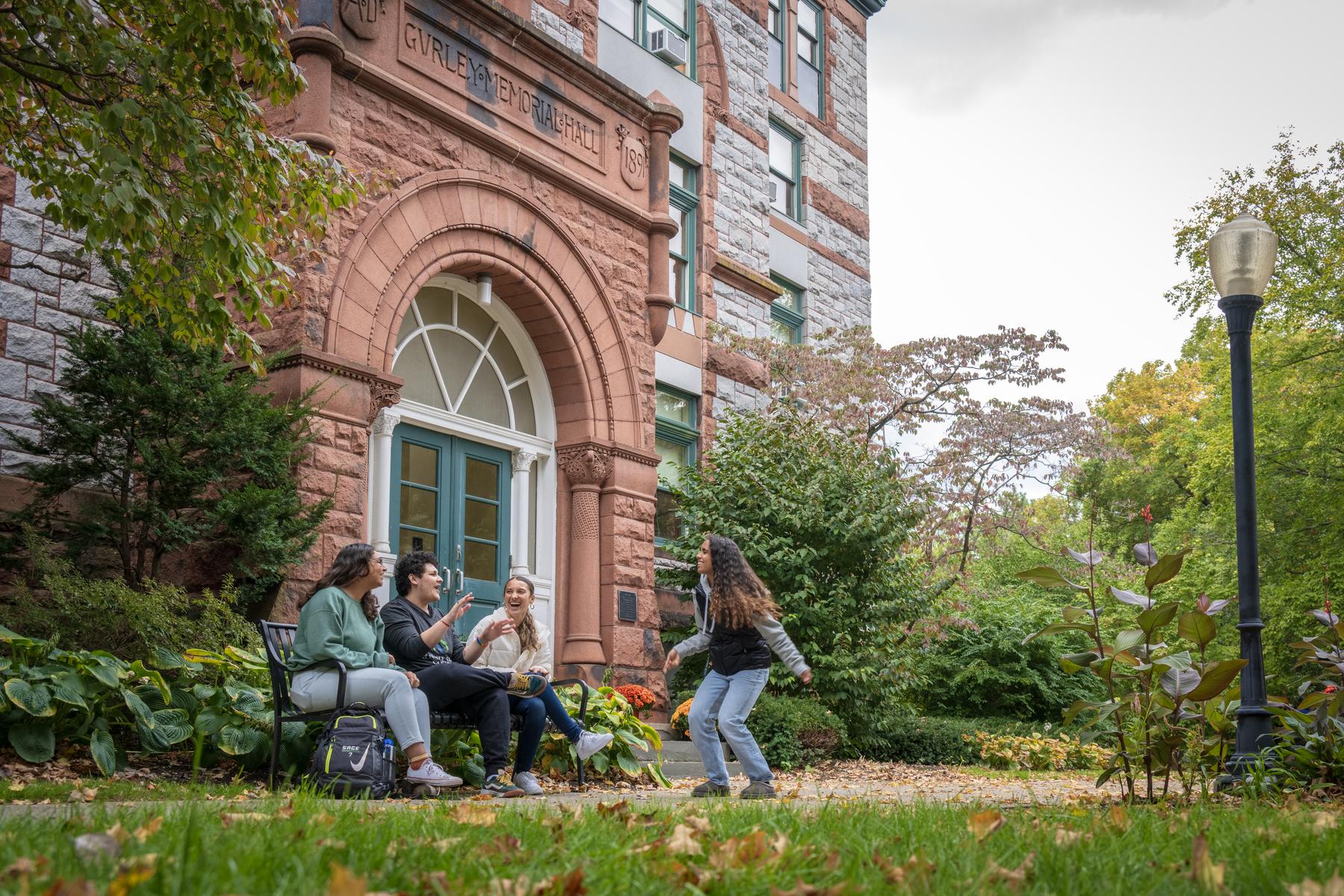
The Value of a Russell Sage College Experience
We know the credits you’ve earned from your courses and the tuition you paid to take those courses was an investment of your time and resources. At Russell Sage, we like to make your credits count and accept up to 75 transfer credits. We also participate in Transferology, so you can compare courses from your current college with courses offered at Russell Sage.
But a credit review is also part of the admissions process, so be sure to connect with our transfer admissions representative.

And why not graduate with two degrees?
In many fields – like education and the health professions – advanced degrees are required for employment or licensing. Russell Sage offers competitively priced graduate programs that are designed to give you what you need to be successful in your field. We also paid attention to the delivery of those programs, with online, hybrid, and in-person evening options, to create flexibility for working students.
Students who stay for graduate school and aren’t enrolled in our early assurance and accelerated programs can receive a 10% tuition discount on their first six credits of graduate courses. Contact Student Accounts for more information.
So consider transferring once and staying for one of our graduate programs.
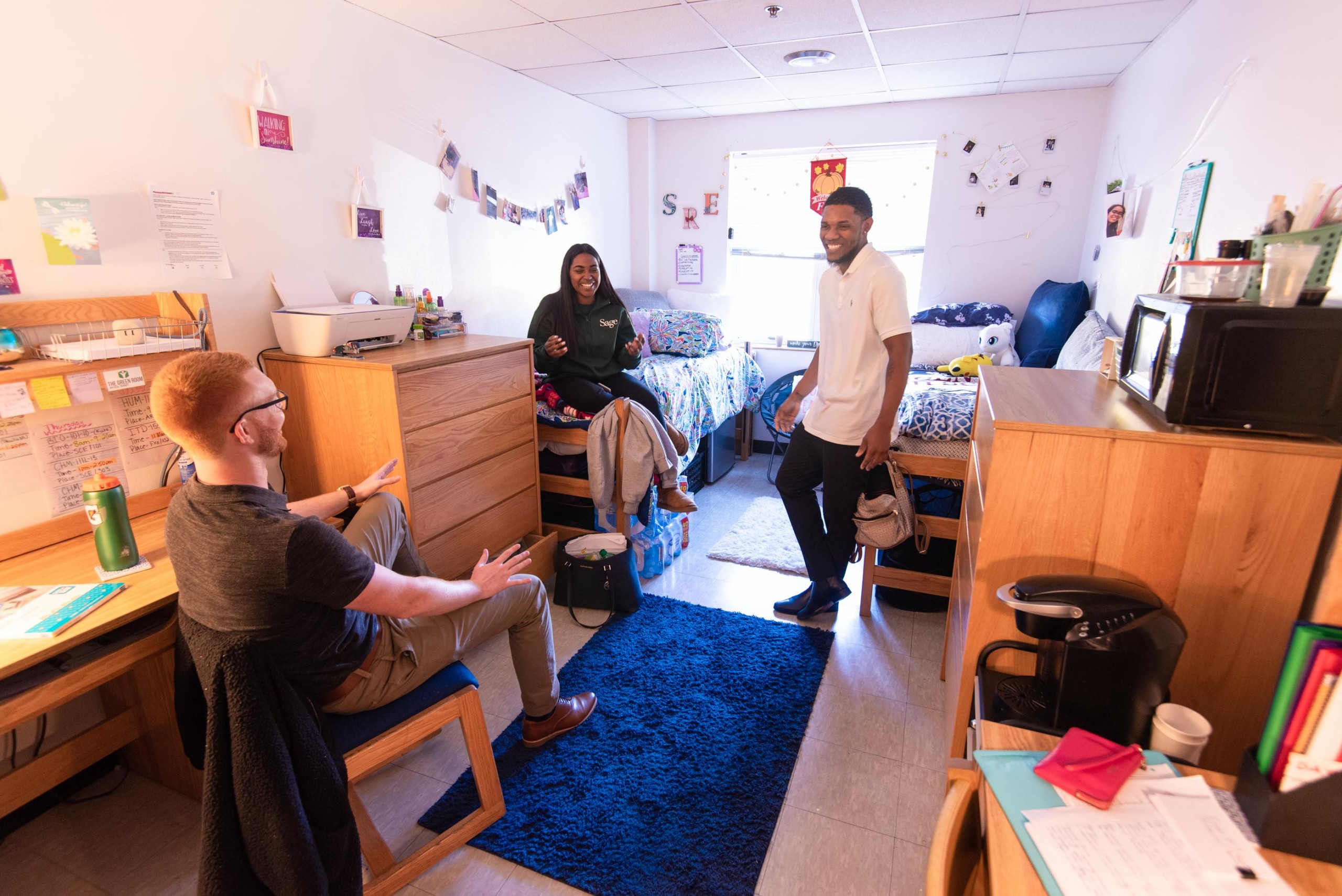
Housing and Meals
Our residence hall rates are more affordable than most colleges, including public universities, and we offer a range of housing options, from traditional double residence hall rooms to an apartment-style housing option on our Albany campus. Meal plans are also available for students who commute but want to occasionally grab food on campus.

The 2024-2025 annual costs are:
- $6,430 a year for a double residence hall room
- $7,100 a year for a single residence hall room
- $7,800 a year for University Heights College Suites in Albany
- $7,618 a year for the most flexible and inclusive residential meal plans, which allow you to eat in any of our on-campus dining facilities
- $400 to $1,018 a year for commuter meal plans
| Housing and Meal Plan Annual Cost Double room and highest meal plan option | |
| Russell Sage College | $14,048 |
| Average SUNY* | $16,513 |
| Capital Region Private College | $17,085 |
| Central New York Private College | $16,210 |
| Hudson Valley Private College | $18,330 |
* *This number is an average of published annual housing and meal rates as of April 12, 2024. The SUNY average is based on rates at six SUNY universities where students who apply to Russell Sage commonly also apply: University at Albany ($16,182), SUNY Plattsburgh ($16,820), SUNY New Paltz ($15,896), SUNY Oneonta ($15,810), Binghamton University ($18,809), and SUNY Cortland ($15,560).
Frequently Asked Questions
As a transfer student at Russell Sage, you receive your merit scholarship for up to three years. You just have to maintain full-time academic standing pacing toward graduation.
While the sticker price of private colleges is higher than public universities, private colleges give much more generous merit scholarships and institutional investment, which brings down the cost of your investment significantly. It is important to look beyond the sticker price when considering colleges and to go through the application process – including filling out your FAFSA – so you have all the information you need to see the actual cost of attendance.
Private colleges are also often smaller than public universities, offering a more personalized experience to students, which can be important to your success.
If you apply and are accepted, the acceptance letter will include the amount you’ll receive as a merit scholarship. You should then complete the FAFSA when the form is open (the U.S. government expects that will happen in December 2023).
When you fill out the FAFSA, you’ll be asked to include a code for each of the colleges or universities you’re considering. Our code is 002810. Then when you submit your FAFSA, the information is sent to our financial aid office and we’re able to calculate your financial aid package. If the FAFSA opens in December 2023 as scheduled, we expect to have financial aid packages out to accepted students who have filed their FAFSA in early February 2024.
As mentioned before, there are a number of federal and private loans. The advantage of federal loans are they often come with a lower interest rate.
You should also learn about the college’s payment plans. Often, colleges offer opportunities to pay your bill in installments instead of all at once, but the details vary by institution. We have an interest-free payment plan option at Russell Sage. (Note that not all payment plans at other colleges and universities are interest-free).
Your FAFSA will be reviewed to determine your eligibility for all types of institutional grants and scholarships offered by the college. This review will include your eligibility for the RSC Campus Room and Board grant.
Students approach their college investment in different ways. They might look at payment plans, have some funding to put down in a lump sum, or take parent or personal loans to cover the gap between institutional/state/federal aid and the rest of their bill. Every semester can look a little different depending on your circumstances, but it is good to think long-term, too.
Students are eligible to receive a $15,000 Encore Scholarship and will be evaluated for federal and state aid eligibility.
You’re not required to give your social security number in the admission process, but having it on file is required for us to receive your FAFSA data, which gives us a complete picture of your eligibility for federal aid.
The military offers education benefits to servicemembers and veterans. See the veteran section of our website for more information.

